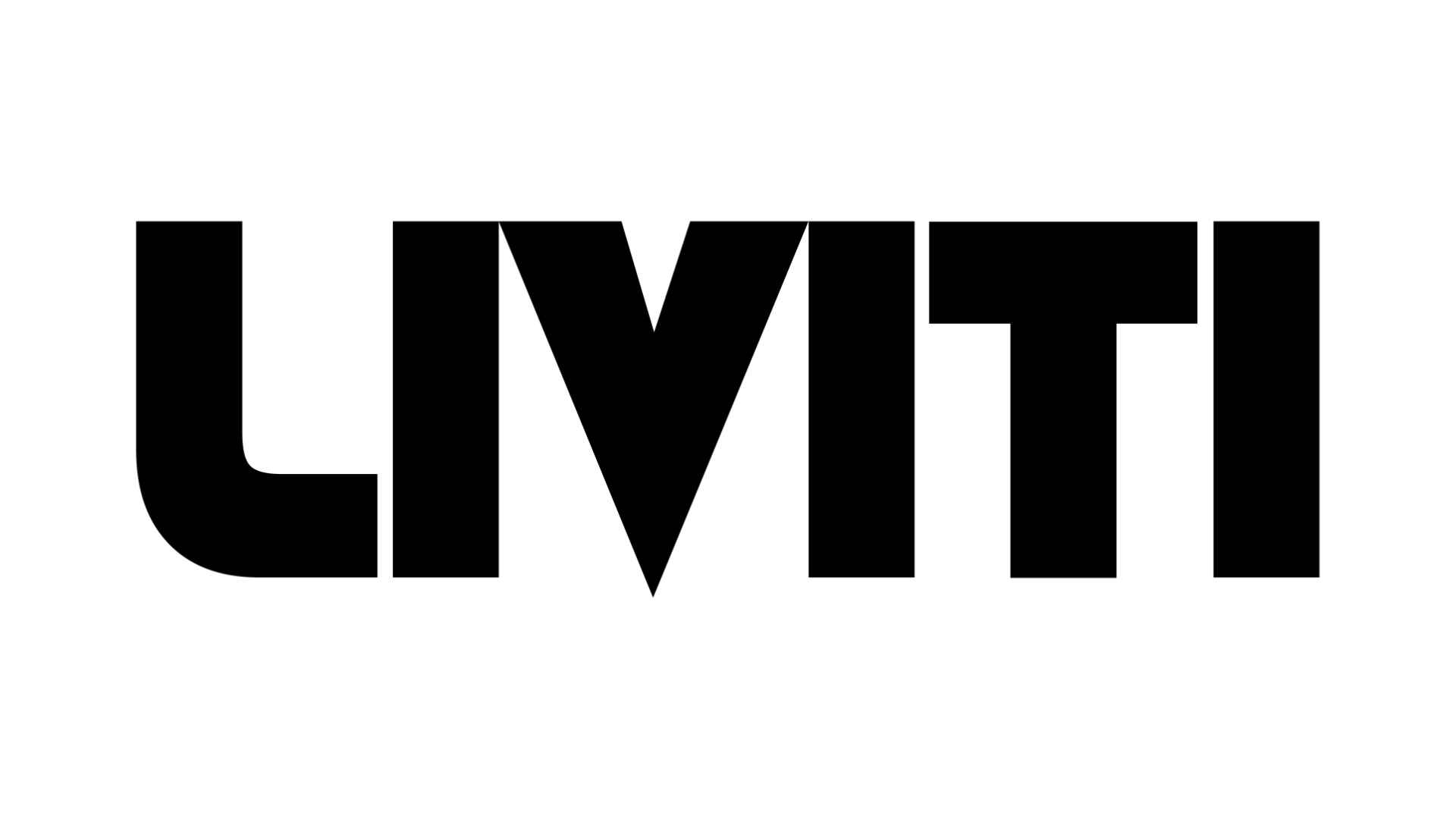In the realm of real estate investment, Lenders Mortgage Insurance (LMI) plays a significant role in transactions – particularly for buyers with smaller deposits.

Understanding LMI thoroughly is vital to confidently navigate the complexities of property investment. In this comprehensive guide, we’ll delve into LMI benefits, drawbacks, and strategic implications for property investors.
What is Lenders Mortgage Insurance?
Lenders Mortgage Insurance, commonly known as LMI, is an insurance policy designed to protect mortgage lenders in case the borrower defaults on their loan repayments.

It is important to note that while this insurance protects the lender, the borrower typically pays for it. LMI is usually mandatory for home loans where the borrower’s deposit is less than 20% of the property’s purchase price.
How Does LMI Work?
In the event of a borrower defaulting on their loan, the insurance covers the lender’s losses up to a certain percentage of the loan amount. This enables lenders to offer loans to borrowers with smaller deposits, thereby expanding the pool of potential homebuyers.

Understanding the Role of LMI in Property Investment
LMI and Property Investment Strategies
LMI plays a crucial role in shaping property investment strategies. By understanding how LMI works and implication of property investment strategy for loan terms and costs, investors can make informed decisions about property acquisition and financing.
Smart Property Investment Tips with LMI
Smart property investment involves optimising costs and maximising returns. With LMI, investors can explore strategies to minimise insurance premiums while leveraging borrowed funds to acquire valuable properties.

Benefits and Considerations of Lenders Mortgage Insurance
Benefits of LMI for Homebuyers
- Allows borrowers to enter the property market with a smaller deposit.
- Expand access to mortgage financing, particularly for first-time buyers.
- Can potentially accelerate property ownership and wealth accumulation.
Drawbacks and Considerations
- Add to the overall cost of borrowing, increasing monthly repayments.
- LMI premiums can be substantial, especially for high loan-to-value ratio loans.
- Limited flexibility in lender choice, as not all lenders offer LMI.
Exploring LMI Costs and Savings
How Much is Lenders Mortgage Insurance?
LMI costs vary depending on factors such as the loan amount, loan-to-value ratio, and the insurer’s premium rates. Borrowers can use LMI calculators provided by lenders to estimate insurance costs.
Calculating LMI Costs and Savings
LMI premiums are typically calculated as a percentage of the loan amount. Borrowers can save on LMI by increasing their deposit or choosing a lender with competitive premium rates.

LMI: Accelerated Entry and Financial Benefits
Navigating the complexities of the real estate market involves understanding various factors that can affect your purchasing power and financial strategy.
In this section, we’ll explore the advantages of opting for Lenders Mortgage Insurance (LMI) in Australia, offering insights into how it can expedite your entry into the property market, leverage low-interest rates, provide flexibility in loan options, and potentially offer tax benefits.
Faster Entry to Property Market: In Australia’s competitive real estate market, property prices can increase swiftly. Opting for Lenders Mortgage Insurance (LMI) enables buyers to purchase their dream home without the need to save for a larger deposit over several years. By taking this step, homeowners can capitalise on potential property appreciation and enjoy the security and stability of owning their property.
Taking Advantage of Low-Interest Rates: With interest rates historically low, borrowing becomes more enticing. By paying Lenders Mortgage Insurance (LMI) to secure a home loan with a smaller deposit, borrowers can make the most of these favourable interest rates and secure their mortgage when borrowing expenses are minimal.
Flexibility and Choices: Investing in Lenders Mortgage Insurance (LMI) broadens the spectrum of loan possibilities that might not be accessible with a smaller deposit. This encompasses access to a wider array of lenders and loan products, offering greater flexibility in customising a home loan that aligns with the borrower’s requirements and financial circumstances.
Tax Deductions: Under specific circumstances, premiums for Lenders Mortgage Insurance (LMI) may be eligible for tax deductions, especially for investors or individuals leveraging the property for income-generating purposes. This potential tax benefit can provide financial relief and enhance the affordability of LMI expenses.

Tips for Managing LMI Costs in Property Investment
Navigating the financial landscape of property investment involves careful consideration of various expenses, including Lenders Mortgage Insurance (LMI).
Here are some practical strategies to help manage LMI costs effectively:
Optimise Your Deposit
While LMI allows for a smaller deposit, aiming to increase your deposit size can significantly reduce LMI premiums. Saving diligently before entering the market can help minimise this expense.
Research LMI Providers
Different lenders offer varying LMI rates and terms. Compare offerings from multiple providers to secure the most competitive rates and favourable terms, ultimately reducing your overall LMI costs.
Negotiate with Your Lender
Don’t hesitate to negotiate with your lender regarding LMI premiums. Depending on your financial situation and creditworthiness, you may be able to negotiate lower premiums or explore alternative arrangements to mitigate costs.
Consider LMI Capitalisation
Instead of paying LMI upfront, explore capitalising the premium into your loan amount. While this may increase your overall loan balance, it can help ease immediate financial strain by spreading out LMI costs over the life of the loan.
Review Loan Options
Investigate different loan structures and products to find one that aligns with your financial goals and minimises LMI expenses. For example, a split loan or utilising an offset account may offer benefits in managing LMI costs over time.
Monitor Property Value Appreciation
Keep a close eye on the property market and your potential investment appreciation. As your property value increases, the LVR (Loan-to-Value Ratio) decreases, potentially allowing you to request a reassessment of your LMI premium and secure a lower rate.
Understand Tax Implications
Familiarise yourself with the tax implications of LMI premiums. In certain circumstances, LMI premiums may be tax-deductible for investment properties, providing some relief on your overall tax liability.
By implementing these strategies and staying proactive in managing your LMI costs, you can optimise your property investment journey and maximise your returns in the long run.

Common Misconceptions About LMI
Debunking Misconceptions
Myth: LMI protects the borrower.
Reality: LMI primarily safeguards the lender against borrower default.

Myth: LMI is unnecessary for borrowers with good credit.
Reality: LMI is typically required for loans with deposits below 20%, regardless of credit history.
Read more: Is Lenders Mortgage Insurance Tax Deductible?
Conclusion
Smart property investment involves not only identifying lucrative opportunities but also managing risks, including those associated with LMI, to achieve long-term financial goals.
Lenders Mortgage Insurance (LMI) is a fundamental aspect of property investment, particularly for borrowers with smaller deposits.
By understanding Lenders Mortgage Insurance (LMI), investors can navigate the real estate market more effectively and make informed decisions to optimise their returns.

Frequently Asked Questions (FAQs):
- How much is LMI?
The cost of Lenders Mortgage Insurance (LMI) varies based on the loan amount, loan-to-value ratio (LVR), and the insurer’s rates. Use an LMI calculator provided by lenders to get an estimate. - What is LMI?
Lenders Mortgage Insurance (LMI) is an insurance policy that protects lenders if the borrower defaults on their loan, typically required for loans with deposits less than 20%. - How much is Lenders Mortgage Insurance?
The cost of LMI depends on the loan amount, LVR, and the insurer. It can range from thousands to tens of thousands of dollars. - What is Lenders Mortgage Insurance?
Lenders Mortgage Insurance is a policy that protects the lender in case the borrower fails to repay their mortgage, allowing borrowers with smaller deposits to secure a home loan. - How to calculate LMI?
LMI can be calculated using online calculators provided by lenders, by considering factors such as the loan amount, LVR, and the insurer’s premium rates. - How is LMI calculated?
LMI is calculated as a percentage of the loan amount, which increases with higher LVR and decreases with larger deposits. - How to avoid LMI?
To avoid LMI, aim to save a deposit of at least 20% of the property’s purchase price or seek a guarantor loan. - What is an LMI?
LMI stands for Lenders Mortgage Insurance, which protects the lender if the borrower defaults on their mortgage repayments. - How much is LMI insurance?
The cost of LMI insurance varies but can be significant, often calculated as a percentage of the loan amount, typically ranging from 1% to 3%. - Is LMI tax deductible?
LMI premiums may be tax deductible for investment properties under certain circumstances, offering potential financial relief. - What is LMI in Australia?
In Australia, LMI is required for home loans where the deposit is less than 20% of the property value, protecting lenders from borrower default. - How to avoid Lenders Mortgage Insurance?
Avoid LMI by saving a deposit of 20% or more, using a guarantor, or exploring professional loans that might waive the requirement. - How does LMI work?
LMI covers the lender’s losses if the borrower defaults on the loan, allowing borrowers with smaller deposits to access home loans. - How much is Lenders Mortgage Insurance (LMI)?
Mortgage lenders’ insurance costs vary but are generally between 1% and 3% of the loan amount, depending on the LVR and loan size. - How to calculate Lenders Mortgage Insurance?
Use an LMI calculator to input your loan amount, property value, and deposit size to estimate the insurance cost. - What is Lenders Mortgage Insurance in Australia?
It’s an insurance policy required for home loans with deposits under 20%, protecting lenders if borrowers default. - Is Lenders Mortgage Insurance tax deductible?
LMI premiums may be tax deductible for investment properties, potentially reducing overall tax liability. - How does Lenders Mortgage Insurance work?
LMI protects the lender by covering losses if the borrower defaults on the loan, allowing smaller deposits for home buyers. - How is Lenders Mortgage Insurance calculated?
It’s calculated based on the loan amount and LVR, with higher premiums for higher LVRs and smaller deposits. - What is Lenders Mortgage Insurance Australia?
In Australia, LMI is insurance for lenders when the borrower’s deposit is below 20%, mitigating risk for lenders. - How much Lenders Mortgage Insurance will I pay?
The amount varies, typically ranging from 1% to 3% of the loan amount, influenced by the LVR and deposit size. - Is Lenders Mortgage Insurance a one-off payment?
Yes, LMI is generally a one-off payment made at the start of the loan, though it can sometimes be added to the loan balance. - Is Lenders Mortgage Insurance junk insurance?
No, LMI is a legitimate insurance policy protecting lenders, not considered junk insurance. - How much does Lenders Mortgage Insurance cost?
The cost varies but can be significant, typically a percentage of the loan amount, influenced by the LVR and deposit size. - When do you pay Lenders Mortgage Insurance?
LMI is usually paid at the loan settlement, though it can sometimes be capitalised into the loan. - Can Lenders Mortgage Insurance be added to loan?
Definitely yes, LMI can often be added to the loan amount, spreading the cost over the loan term. - Can you claim Lenders Mortgage Insurance on tax?
For investment properties, LMI premiums may be tax deductible, providing some financial relief. - How is Lenders Mortgage Insurance paid?
LMI is typically paid upfront at loan settlement but can also be capitalised into the loan, adding to the total loan amount.






